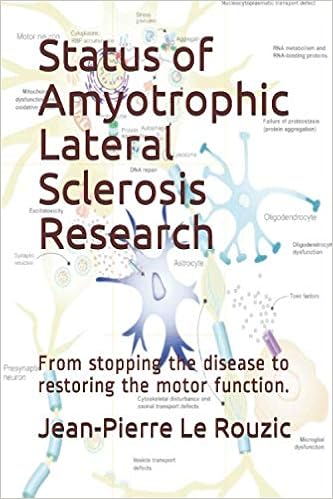Bloom Science is a biotechnology company developing orally-delivered pharmaceutical therapies of specific microbiome. The company had demonstrated that specific strains of commensal microbes can act synergistically to upregulate the inhibitory neurotransmitter GABA in the brain by acting through the gut-brain axis with naturally-evolved pharmacology.
 Bloom Science signed an agreement with Duke University, granting it an exclusive license related to libraries of genetic variants of Akkermansia genus bacteria developed in the laboratory of Raphael H. Valdivia. Raphael H. Valdivia, PhD, professor of molecular genetics and microbiology at Duke University will be joining Bloom as a scientific founder.
Bloom Science signed an agreement with Duke University, granting it an exclusive license related to libraries of genetic variants of Akkermansia genus bacteria developed in the laboratory of Raphael H. Valdivia. Raphael H. Valdivia, PhD, professor of molecular genetics and microbiology at Duke University will be joining Bloom as a scientific founder.
Akkermansia muciniphila is a species of human intestinal mucin-degrading bacterium. Extensive research is being undertaken to understand its association with obesity, diabetes, and inflammation.
Several observations suggest that the interface between the host and the gut microbiome may be altered in mouse models of ALS. Analysis of 16S ribosomal DNA (rDNA) from stool samples of patients with ALS yielded conflicting results: one study noted dysbiosis in 6 patients with ALS compared with 5 healthy controls, whereas another showed no differences between 25 patients with ALS and 32 healthy controls.
In mid 2019 a Nature article showed that altered gut microbiome worsens ALS symptoms in mice models of this disease. The authors also found that treatment with antibiotics exacerbates motor symptoms in an ALS mouse model, something that patients have suspected for a long time. They tested 11 strains: Eggerthella lenta, Coprobacillus cateniformis, P. goldsteinii, L. murinus, P. distasonis, Lactobacillus gasseri, Prevotella melaninogenica, Eisenbergiella tayi, Subdoligranulum variabile, R. torques and A. muciniphila (Akkermansia muciniphila).
In contrast to all of the other tested strains, treatment of Sod1-Tg mice models and wild-type mice with an anaerobically mono-cultured Akkermansia muciniphila strain, was associated with improved motor function in Sod1-Tg mice. Indeed those Sod1 mice model may have suffered from the antibiotic "washing" that they endured to kill their microbiome, so probably the gain of function is difficult to quantify. The Sod1 mice treated with Akkermansia muciniphila, lived 10 days longer that non treated mice, a 6% improvement, and they displayed less ALS symptoms.
On contrary Ruminococcus torques and Parabacteroides distasonis exacerbate the symptoms of ALS.

